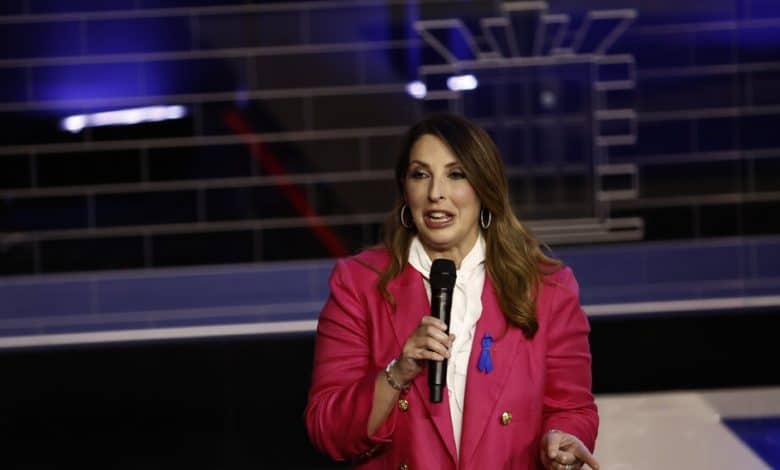In Saga of NBC and Ronna McDaniel, Perks and Perils of Partisan Talk on TV

Trying to juice ratings in an election year, a major TV network hired a pair of provocative commentators from the political establishment to inject some spiky opinion into its otherwise-staid campaign coverage.
The result — the Gore Vidal and William F. Buckley Jr. debates of 1968 — was a hit with viewers and an unexpected success for ABC News. It also inspired television news divisions to bring more partisan voices into their coverage, a trend that intensified at the dawn of the 24-hour cable news era in the early 1980s.
These days, the role of the “paid contributor” — a commentator on contract, to bloviate on demand — is fully baked into the TV news ecosystem. Typically, the role is occupied by a political veteran who can offer an insider perspective on the news of the day, drawing on experience as, say, an elected official, Beltway strategist or West Wing aide.
Or, in the case of Ronna McDaniel, as the former chairwoman of the Republican Party.
Ms. McDaniel’s tenure as a paid contributor at NBC News was less successful than those of many of her peers. (Her two immediate predecessors as Republican leader, Michael Steele and Reince Priebus, work for MSNBC and ABC News.) Her hiring led to an open revolt by NBC and MSNBC stars, who said it was disqualifying that Ms. McDaniel had been involved in former President Donald J. Trump’s efforts to undermine the 2020 election results.
She was ousted by NBC on Tuesday, four days after she started. Ms. McDaniel, whose deal was worth $300,000 annually, is now seeking to be paid at least $600,000 for the two years she signed up for, according to a person familiar with her plans.
The episode prompted angst inside NBC News, where journalists and producers on Wednesday were still puzzling over their bosses’ handling of the situation, according to several people who requested anonymity to discuss private discussions.
